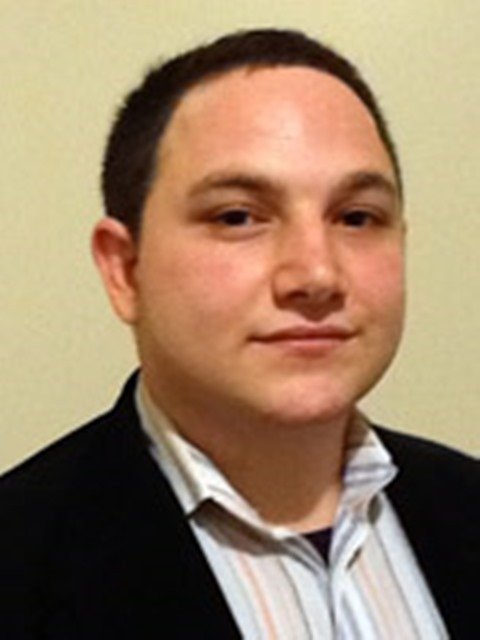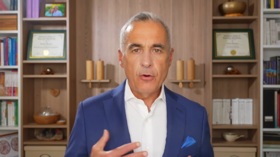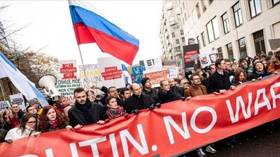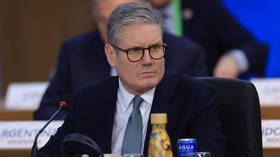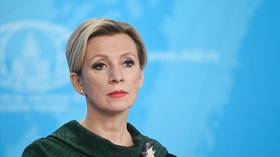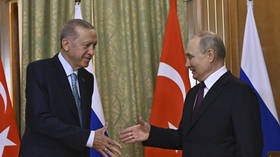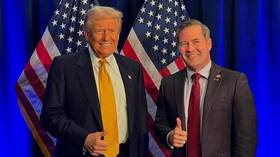Donald Trump: A different shade of green
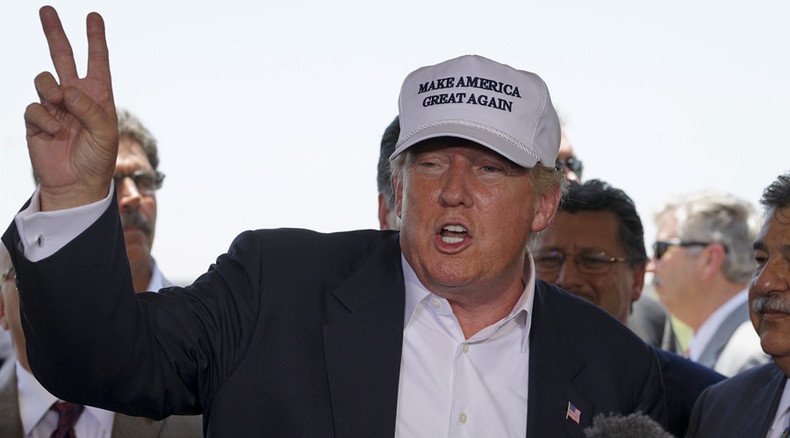
Donald Trump is leading the Republican primary polls by a wide margin. Many commentators have explained this development as an indication that Trump represents something new, that he speaks to the Republican base honestly, and in a language that resonates. They say that Trump is simply “different.”
But what is often missed in such analysis is exactly how Trump is different from the field, and from the Republican Party establishment. Certainly Trump’s bombastic style of speaking, and apparent willingness to give voice to the more reactionary social consciousness deeply embedded in the Republican grassroots, is not the usual fare, even for the often ridiculous caricatures in the Republican field (think Jindal, Cruz and Perry). Indeed, it is Trump’s brashness and disregard for “political correctness” and “acceptability” that is one of his great allures for millions of Americans on the right.
But this is merely style; it is not the substance of what makes Trump different. For that, one must examine critically the money interests that Trump and his competitors represent.
Follow the money
A serious analysis of Trump’s candidacy requires an understanding of the forces which are, at least in appearance, arrayed against him. It has recently come out that the immensely powerful Koch Brothers network is “freezing out” Trump from its vast array of electioneering tools, including voter data, high profile “grassroots summits” and more. Although Trump is personal friends with David Koch, it seems that the Republican kingmaker is not exactly enamored with the prospect of The Donald as standard-bearer for the Republican Party in 2016. But, personal friendship and electability aside, the real reason for this move is that Koch and Trump represent very different moneyed interests.
The Koch Brothers political machine – in effect the Republican Party’s mainstream – represents the right wing of finance capital: the hedge funds, oil companies, big banks and other corporate giants, along with a veritable alphabet soup of political action committees (PACs), Super PACs, and a seemingly endless list of other conservative political organizations. With this cohesive network of right wing groups and causes, the Koch machine acts as the de facto steering committee for the Republican Party, serving as careful political steward for Wall Street’s conservative faction.
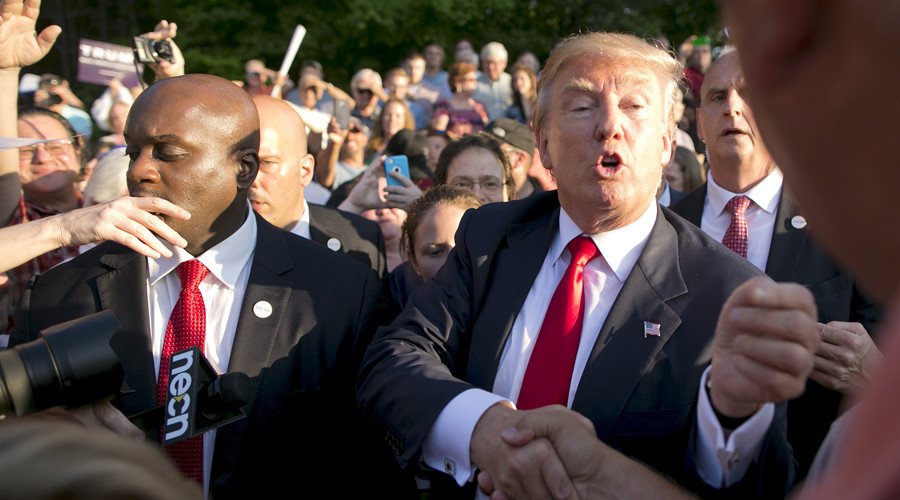
Donald Trump on the other hand is not of that same milieu, at least not entirely. While he may be cozy with many of the venture capitalists and speculators that make up the coterie of the Wall Street right, his money comes from even murkier sources. Trump is a beneficiary of allegedly close connections with a slew of shady characters, from notorious New York organized crime figures to Russian, Kazakh and Chinese gangsters.
In his infamous unauthorized 1992 biography of Trump, investigative journalist Wayne Barrett detailed how Trump met with notorious mob boss Anthony “Fat Tony” Salerno thanks to their mutual friend and attorney, the infamous New York defense lawyer Roy Cohn. Indeed, Barrett’s book asserted that Cohn was Trump’s “bridge to the mob,” an allegation that is indeed merited considering the close association between the gambling industry and organized crime.
Trump was also allegedly associates with a number of other New York and Philadelphia mafia-connected figures, including Kenny Shapiro and Salvatore Testa, both known to be connected to Philadelphia mob boss Nicky Scarfo, as well as Manny Ciminello, a partner of Fat Tony Salerno’s in the concrete business. The relationships run far deeper and include friendships and business dealings with various labor union bosses who themselves were connected to organized crime. Indeed, the history of Trump’s real estate development in both New York City and Atlantic City is replete with such relationships.
As Wayne Barrett wrote in a 2011 update to his earlier book:
“In one instance in the 1980s, Trump paid $8 million to buy out two mob-tied business associates when he feared his gaming license wouldn’t be approved. He wrote a letter to a federal judge on behalf of a mob-connected cocaine dealer whose helicopter company serviced his casinos and whose girlfriend had two Trump Tower apartments. He structured the purchase of a plot of land from a top leader of the murderous Scarfo crime family in Atlantic City so that his name would not appear in the transaction. He put a winsome but ostensibly penniless woman closely associated with the Gambino-connected head of the concrete drivers union in a triplex with Trump Tower’s only swimming pool right beneath his own apartment.”
In recent years, Trump’s business partnerships also reveal quite a lot about the money interests he represents and with whom he has been cozy. Trump has been partnered with the Bayrock Group, a development company based out of the Trump Tower. One of the top executives of Bayrock is the infamous Felix Sater (now spelled Satter), reportedly the son of a Russian mob boss, who did prison time for stabbing a man with the stem of a wine glass, and who provided federal investigators with key testimony in the probe of a $40 million stock scam involving New York mobsters associated with the Wall Street firm White Rock Partners, of which Sater was a partner along with former Gambino and Genovese family associate, and FBI informant, Sal Lauria.
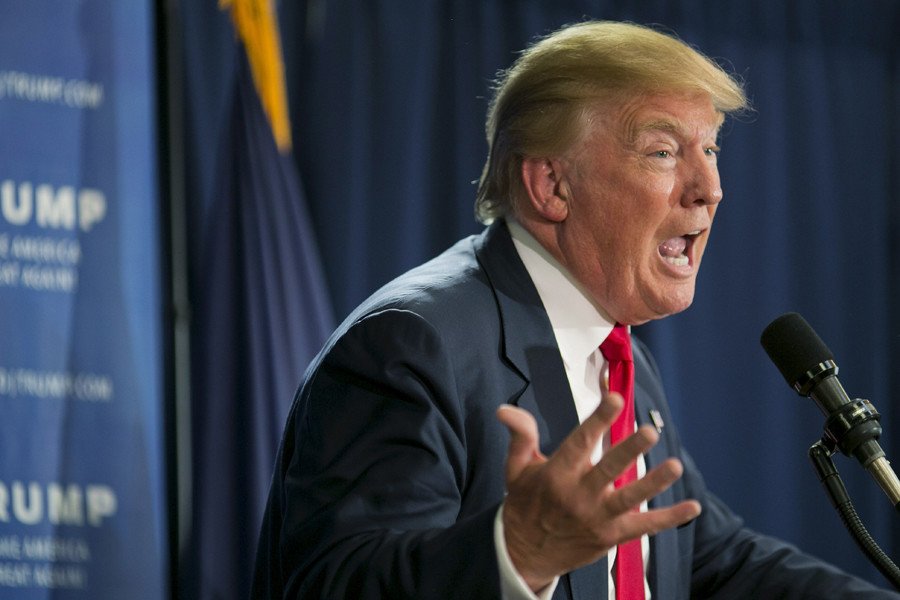
Trump’s close association with both Sater and Bayrock founder and chairman Tevfik Arif indicates that The Donald was certainly not unaware of what Bayrock really was. Indeed, in a 2009 court case brought by Bayrock’s former finance director, the company was described quite rightly as a “racketeer-influenced and corrupt organization [which]...operated through a pattern of criminal activity... [using] extortion by means of threats of torture and death.” Their relationship culminated in the opening of the Trump-Bayrock joint venture Trump SoHo Hotel Condominium New York, which has since been embroiled in a major lawsuit from a group of 15 buyers who alleged a pattern of fraud, including lying about the number of units sold. Such fraudulent practices are certainly nothing new for The Donald, as he has faced similar charges in other real estate ventures in Florida and internationally.
To show that Trump has always been an equal opportunity employer of shady business people, he also allegedly has had connections to Asian organized crime figures, particularly with his casino properties. Perhaps most famously, Trump defended Danny Leung, whom he had employed as vice president of his Trump Taj Mahal casino in Atlantic City. As the NY Daily News reported, “Leung was identified by the U.S. Senate permanent subcommittee on investigations in 1991 as a member of the 14K Triad, a Hong Kong group linked to murders, extortions and heroin smuggling.” Trump’s connections to such people from East Asia extended far beyond just Leung, who allegedly acted as intermediary between Trump and a number of other notorious Asian mobsters. It seems that The Donald did not always discriminate in terms of his business friendships.
What the GOP is really scared of
The point here is not to catalog all of Trump’s nefarious connections – Barrett and others have done marvelous work on that subject through the years – but rather to illustrate just which money interests Trump truly represents. Unlike the Koch Brothers, who are the embodiments of what one might call the “respectable” side of parasitical finance capital and corporate interests, Trump typifies its seedy underbelly. What the Koch Brothers do for oil companies, hedge funds, and vulture capitalists, Trump allegedly does for mob bosses, gangsters, and con artists: open doors, grease palms, and facilitate deals.
And this is the real reason why Trump has been given no quarter and cast out into the Republican wilderness. He is the symbol of dirty business, criminality and immorality. Put simply, Trump is everything that the Republican Party has tried to distance itself from through rebranding. Posturing as the party of moral and hard-working, honest, tax-paying Americans, the GOP is fearful that this New York huckster’s appeal will fade fast when his dirty laundry is aired publicly, and when the base of the party’s voters, especially those in the South generally wary of an irreligious, amoral big city con artist, see him for what he is.
There is also the uncomfortable fact that Trump is nearly indistinguishable from one of the other major influences of the Republican Party, multi-billionaire casino mogul Sheldon Adelson. The pro-Israel neocon magnate who has given lavishly to a litany of conservative GOP candidates and organizations, is allegedly intimately connected and directly implicated in a long series of dealings connecting him to organized crime both in the US and in China with his casinos in Las Vegas and Macau, respectively. Essentially, Trump is a brother-in-arms of Adelson, and as such, brings the party into ill-repute, exposing Adelson himself to further scrutiny, something the Republican machine would like to avoid.
It is inescapable the fact that Trump has struck a nerve in the conservative base. His uncensored, unfiltered manner of speaking clashes with the tired, worn-out rhetoric of empty suits that fill the ranks of the Republican field. His comments about Mexicans as rapists, drug dealers, and criminals have played well with the xenophobic sentiment running high in right-wing America – a phenomenon typical of societies generally in tough economic times.
But there will come a moment when Trump’s hypocrisy will be laid bare publicly, when journalists or his opponents, will ask Trump a very simple question: “Why do you have such a problem with Mexican drug dealers and criminals when you’re perceived to have been doing business with drug dealers and criminals for most of your career?”
And there will be no good answer to such a question. Trump will not be able to dodge the questions forever, and the party will not be able to avoid the toxic fallout from association with him. This is what is keeping the Kochs up at night. Their hopes of putting Bush or Walker or Rubio into office in 2016 could be dashed by The Donald and his blustering buffoonery. And so they, and their media machine, are desperate to torpedo Trump before his inevitable implosion.
The question remains not whether Trump can win a general election – polls indicate that he cannot – but rather, whether he’ll take the Republican Party down with him.
The statements, views and opinions expressed in this column are solely those of the author and do not necessarily represent those of RT.
The statements, views and opinions expressed in this column are solely those of the author and do not necessarily represent those of RT.
